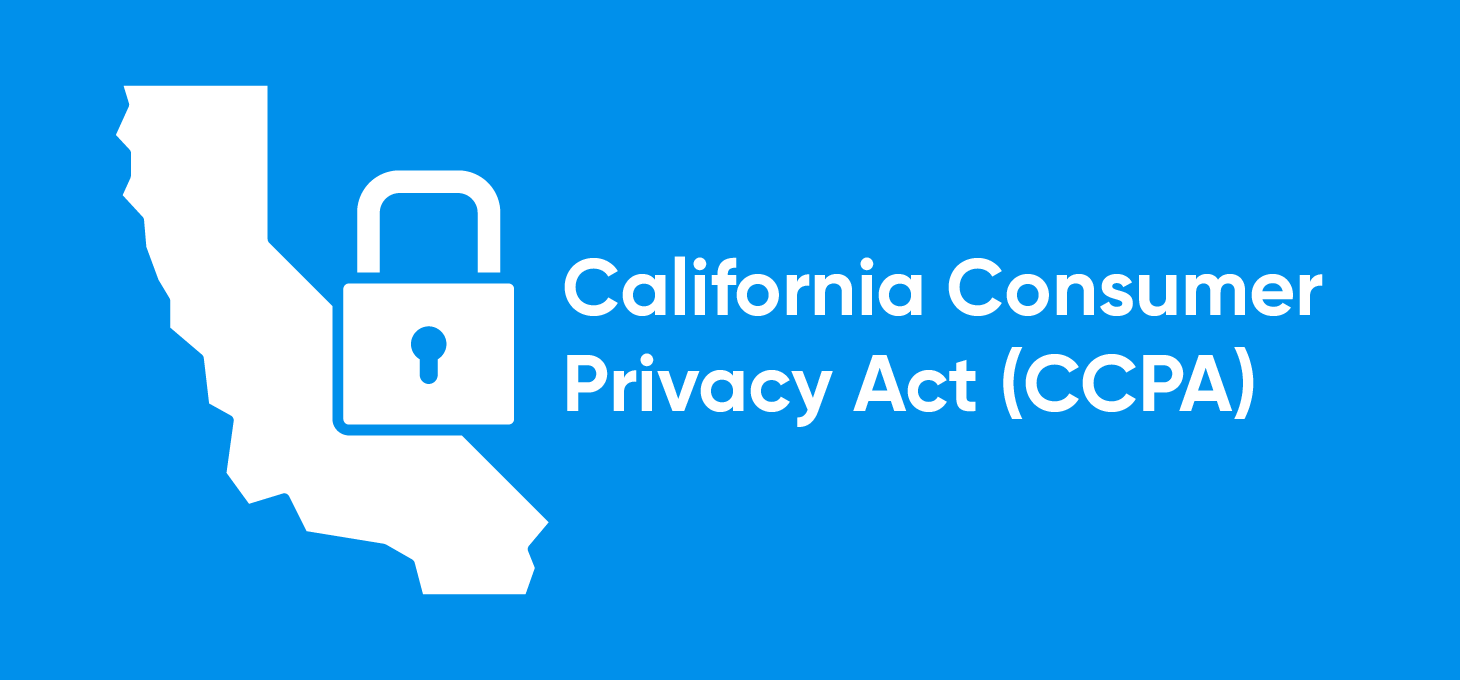In the wake of sweeping new data privacy regulations like the General Data Protection Regulation (GDPR) in Europe, California lawmakers recently enacted the California Consumer Privacy Act (CCPA). As public concerns mount over the volume of data owned by large corporations, the Act is designed to prevent the collection and sale of information from California residents who specifically opt out. The new policy will impact national advertisers, as well as advertisers specifically targeting California.
As of July 1, 2020, to comply with CCPA, Facebook automatically enabled a feature called Limited Data Use for all advertisers. For California residents who have opted out of the sale of their data, this feature limits personally identifiable information (email addresses, birthdays, etc.) from being passed back to Facebook. Starting August 1st, Limited Data Use will need to be manually turned on for any advertisers to whom CCPA applies. By October 20th, advertisers will need to apply Limited Data Use directly to Facebook Business Tools such as the Pixel and SDK.
Now is the time for all advertisers on Facebook to take a stance on whether CCPA applies to them and whether to continue leveraging the Limited Data Use feature. In general, CCPA applies if a for-profit business has personal information of California residents or households and meets at least one of the three thresholds below:
- Has annual gross revenues over $25 million.
- Alone or in combination, annually buys, receives for the business’s commercial purposes, sells, or shares for commercial purposes, the personal information of 50,000 or more California residents, households, or devices.
- Derives 50% or more of its annual revenues from selling consumers’ personal information.
Where CCPA applies, Limited Data Use may negatively impact campaign performance, and opportunities to retarget California residents via the Pixel and SDK will be limited. To combat this, we recommend leveraging first-party data wherever possible. In addition, engagement retargeting and look-alike engagement retargeting can be employed as a proxy for website retargeting. It is important to note that this policy applies to California residents who have opted out of the sale of their data. The data of users who have not specifically opted out will be unaffected.
With growing public concerns over data privacy, policies like the CCPA are likely to continue cropping up as local, state, and federal legislation evolve. Advertisers have a responsibility to comply with these changes and continue to optimize paid strategies to minimize performance impacts.





